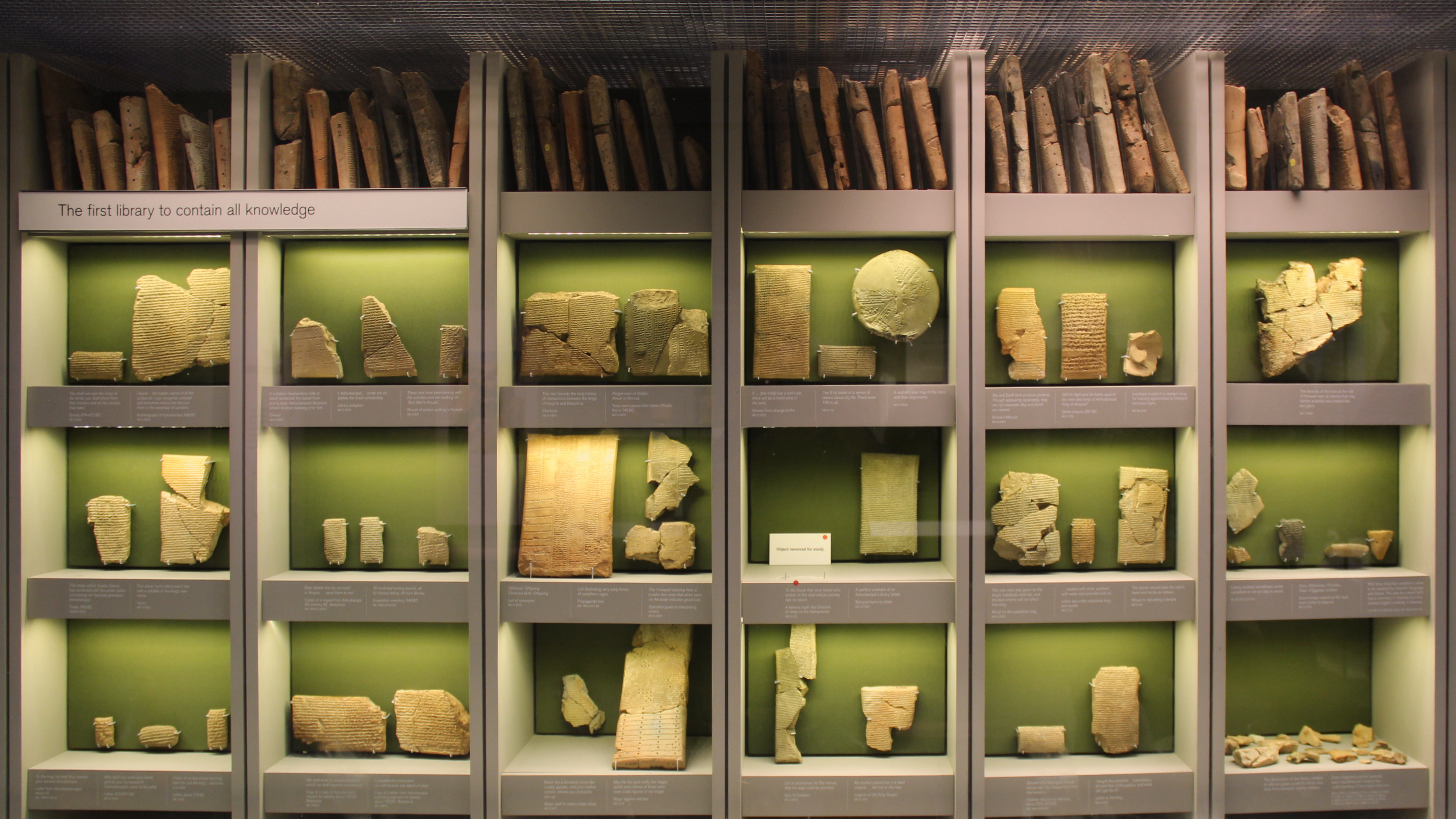10 World’s Oldest Libraries You Can Still Visit
In an era where digital screens dominate our daily lives, the allure of ancient libraries offers a profound connection to the past, a tactile experience that transcends the ephemeral nature of modern technology. Libraries have long been the custodians of human knowledge, culture, and history, serving as gateways to the past and guardians of the wisdom of the ages. This exploration into the world's oldest libraries invites adults to embark on a journey through time, where the whispers of history echo through the hallowed halls of these venerable institutions. Each library on this list offers a unique window into the past, embodying the intellectual and cultural heritage of its time. From the dusty manuscripts of the Middle Ages to the meticulously preserved scrolls of antiquity, these libraries are more than mere repositories of books; they are living testaments to the enduring human quest for knowledge. As we roam through time's tomes, we discover not only the stories contained within their pages but also the stories of the libraries themselves—tales of resilience, innovation, and the unyielding pursuit of enlightenment.
1. The Library of Ashurbanipal: A Glimpse into Assyrian Wisdom

The Library of Ashurbanipal, located in the ancient city of Nineveh, is often heralded as the world's first systematically organized library. Established in the 7th century BCE by the Assyrian king Ashurbanipal, this library was a monumental achievement in the preservation of knowledge. Ashurbanipal, known for his scholarly pursuits, amassed a vast collection of cuneiform tablets covering a wide array of subjects, including religion, science, and literature. The library's most famous artifact, the Epic of Gilgamesh, is a testament to the literary and cultural richness of the Assyrian civilization. The library's organization and cataloging methods were remarkably advanced for its time, reflecting Ashurbanipal's dedication to creating a comprehensive repository of knowledge. Today, the remnants of this ancient library provide invaluable insights into the intellectual life of the Assyrian empire and the early development of libraries as centers of learning and scholarship.








